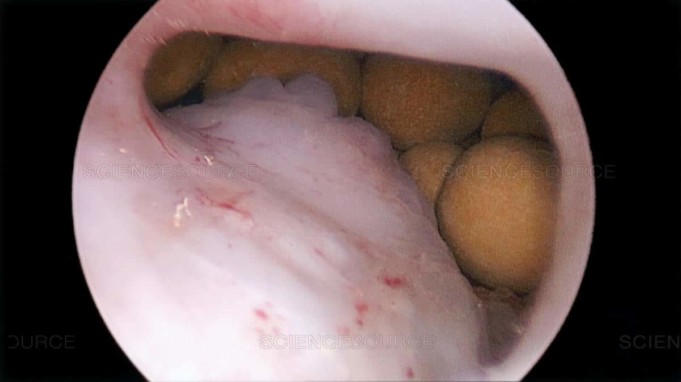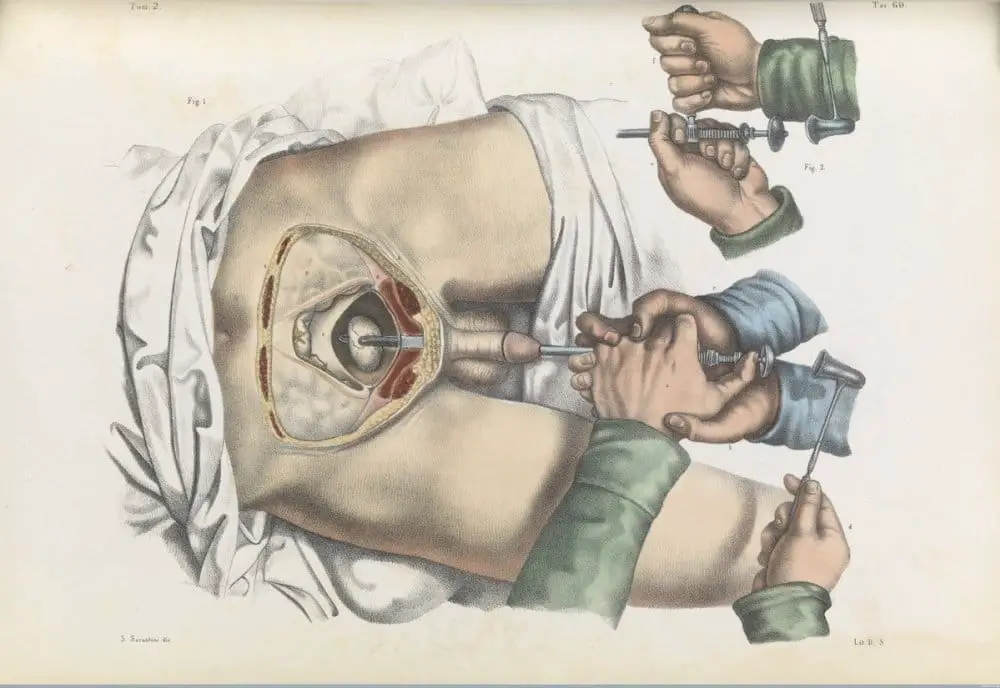As days go by, there are lots of things that cause damages to our system even some things we know nothing about. Bladder stones have a lot of causes which we do without even knowing and this has brought more harm than good.
The bladder is part of the urinary system that stores urine. So when we talk about bladder stones, they are part of the urinary tract infections (UTI’s).
But in this case, the infection is usually not coming from outside as a result of foreign particles like dirty environment, dirty toilet, etc. But these stones are formed from the deposits we have in us. Deposit like calcium, magnesium and other electrolytes in our body.
So we can simply put that bladder stones are small mineral deposits that develop in the bladder. These minerals form into small stones.
When I say small stones, it is not the stones we see on the ground but it is some substances that are normally part of the urine that is usually solidified. That is, it is called bladder stones because the substances that are stored in the bladder are solid.
Bladder stones are also called vesical calculus or cystoliths. Bladder stones can only be found mostly in older men than women over the age of 50. But note that bladder stones are different from kidney stones although in both cases, mineral deposits cause the crystallization of stone.
Causes of bladder stones
There are some things that should be made known to us which cause these bladder stones. What and what we should avoid. These causes include:
1. Enlarge prostate gland: This is one of the major and common causes of bladder stones. The prostate gland is the thin tube that transfers urine from the bladder during urination. When the prostate enlarges, it presses the urethra and blocks the flow of urine. This can cause bladder stones for men.
2. When urine is stored in the bladder for a long period of time, it can cause bladder stones. If your urine is concentrated due to dehydration and it changes the colour of urine to amber colour (yellowish), the substances tend to be much in the body and they form crystals, that is why it is advisable not to keep urine for a long period of time to avoid bladder stones.
3. When the bladder is not completely emptied after urinating, it causes bladder stones too.. In the sense that the bladder stones become concentrated and minerals within the liquid turn into solid.
4. Infection: Bacteria and other organisms can cause bladder stones in the body system. An example is urinary tract infections (UTI’s).
5. Damaged Urethra: Urethra is a tube that connects the urinary bladder to the urinary meatus for the removal of urine from the bladder during urination. So when the urethra is damaged, it causes bladder stones.
6. Kidney Stones: This can also be a cause of bladder stones when the stones in the kidney get to the bladder.
7. Weak bladder: When the bladder is weak in women, it drops down to the vagina. This affects the urine flow.
8. Damaged Nerve: Neurogenic bladder affects the nerves transferring messages from the brain to the bladder muscles. If the nerve is affected, it stops the brain from telling the bladder muscles to contract and expand when you want to urinate. This can cause urine storage which may lead to bladder stones.
9. Medical Device: Medical device can cause bladder stones when it migrates to the bladder.
10. Dehydration: When you are dehydrated, the substances will start settling down. Forming sediments (stones) inside the urinary bladder, gradually blocking the urinary system . Once they start forming sediments that means they are forming bladder stones.
Symptoms
Bladder stones can be in the system for a period of time without giving any signs. The only time you start getting signs is when the stone irritates the bladder which blocks the free flow of urine.
Some symptoms include;
1. Frequent urination: This can be because of the enlarged prostate gland in men which is one of the causes of bladder stones. Enlarge prostate compresses the urethra which causes stagnancy in the bladder. This makes you urinate frequently.
2. Abdominal pain: The abdominal pain is at the lower part of the stomach. It leads to difficulty in urinating and interrupting the urine flow and this can cause blood in the urine.
3. Urethra pain: This is a feeling of a burning sensation that is usually felt during urination.
4. Cloudy Urine: This occurs when you are dehydrated or because of the urinary tract infection. This is also a symptom of bladder stones because when the stone blocks the urinary tract, it causes infection.
This could lead to pus in the urine which gives the urine an abnormal dark colour. Pus is a thick fluid caused by an infection that includes white blood cells.
Risk Factor
There are several risk factors that may lead to bladder stones.
1. Gender: Men are at a higher risk of getting bladder stones than women, especially when there is an enlarged prostate gland.
2. Age: As the men get older, they are likely to develop bladder stones than younger men. Men especially over the age of 50.
3. Nerve damage: There is some paralysis that can be a risk Factor .. Examples are spinal cord injuries, diabetes, Parkinson’s disease, loss of muscle control in the pelvic region, etc.
4. Obstruction: Any condition that blocks the flow of urine from the bladder to the urethra can form a bladder stone. Condition like the prostate enlargement.
Some other risk Factor includes :
- Excessive sugar intake
- Dehydration
- High protein, sodium diet.
- Obesity
- Genetic factor
- Bladder augmentation surgery.
Diagnosis
- Physical examination: This is done by the doctor, checking the lower abdomen if the urinary bladder is abnormally enlarged. Also checking if the prostate gland is enlarged also.
- Urine Test: This contains some series of test. Test like
- Urine Analysis (urinalysis)
- Urine microscopic culture and sensitivity. ( Urine m/c/s) : This is used to detect the number of blood cells, crystallines and concentration of bacteria in the urine.
- Scan: This is one of the most important and sensitive tests when it comes to bladder stones. When the scan is conducted, it usually shows the nature of the urinary bladder. It shows every sediment that are present in the urinary bladder even the small stones in the system.
- X-rays: The doctor checks the nature of the urinary system i.e the kidney, bladder, urethra, and ureter. Checking if there are any abnormalities.
- Ultra sound: This also helps to detect if there is stones in the bladder by the use of sound waves.
Prevention
Bladder stones are usually caused by some conditions that are very hard to prevent.
- Always take water to stay hydrated. Water helps to dilute the concentration of minerals in your bladder.
- Always check your weight to avoid obesity.
- Consume a sodium controlled diet.
- Seek immediate treatment for urinary tract infection(UTI’s) symptoms.
- Early treatment of prostate enlargement or any other nerve damaging condition can help lessen the risk of bladder’s stone.
Treatments
There are two ways bladder stones can be treated
- If the stones are still small, you can drink enough water that can push down the stone naturally. But if the stones are too large and water cannot push it down, then it will be broken down into smaller pieces by the doctor, inserting a thin tube into the urethra. The doctor views the stones with the aid of a camera and breaks them down with a laser, ultrasound or a small implement before washing them away.
- If the stones are too large and cannot be broken down into pieces, then you have to undergo a surgical operation(crystolithotomy) for the removal of the stones. This process is through a cut in the abdomen. This can be very risky, that is why the breaking down of stones by inserting the small implement for stone removal is always the first choice.
Conclusion
Urinary bladder stones is an endemic disease that should be taken with the utmost seriousness. When you discover any signs listed above , do well to visit your doctor as soon as possible for proper diagnosis and treatment. If taken with hands of levity, it can actually lead to further medical complications .













